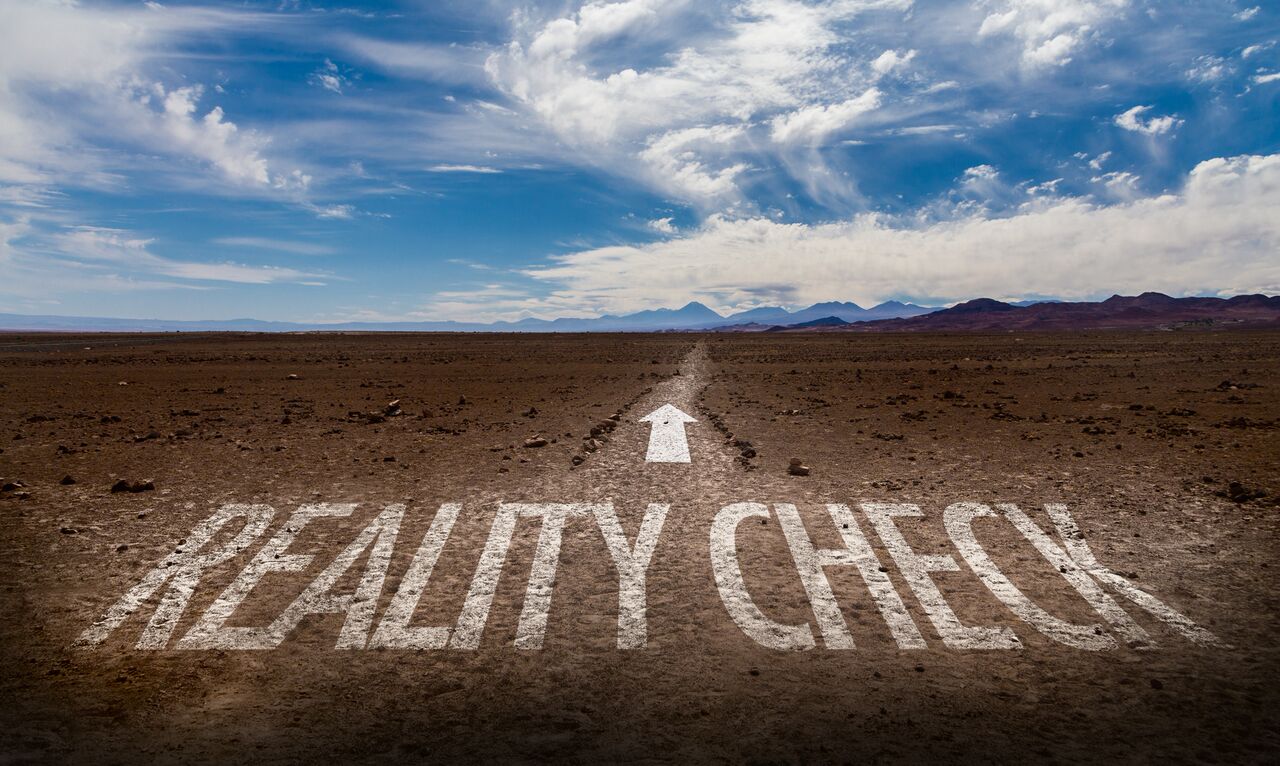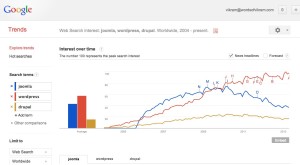I am often asked, “What is the most important factor in a good hotel marketing strategy?” One of the top factors (that no one likes to talk about) is how a hotel’s owners and management view their marketing budget.
Those who treat hotel marketing as an investment will be able to maximize their online revenue potential. They will keep spending investing online, as that is where their audience lives, breathes, researches and books their trips.
Those who view it as a cost will treat it like any other cost; they strive to keep costs down. This group is the one that gives away revenue and market share to the OTAs and their competitors.
Here is a detailed review of the two approaches.
Approach #1: Treating Online Marketing as a Cost
If you are treating online marketing as an expense in your budget that needs to be kept under control, you are very likely on the losing side of the marketing battle. When you apply the cost reduction approach, it puts tremendous pressure on your already limited budget to perform quickly, while limiting your ability to test and optimize your marketing efforts.
No testing or expansion of marketing => Stagnation and decay in your online presence and decline in direct revenue
(Let’s be clear: Your OTA-contributed revenue continues to increase. That’s because they never hold back, while you agonize over every cent you spend.)
Cutting costs might work when it comes to laundry, lotions and soaps that you use in your hotel, but it can hurt you badly when applied to digital marketing.
Here are some specifics on why your revenue will suffer in the long term:
Online travel is huge and getting bigger.
Yes, online travel is like the Beatles in the 60s or yoga pants today. In numbers, it’s going to be hitting $830 billion in 2017. The pace of growth in the Asia Pacific region is enough to make you dizzy. When it comes time for you to sit down and plan your hotel marketing budget for the year ahead, you have to know that online is where all the action is happening. Deciding to sit this one out because you are keeping marketing “expenses” in check is a recipe for disaster that has cost the hotel industry billions in direct revenue.
ROI is a deathtrap.
I have written in detail about this and have personally seen this tragic scenario unfurl like a bad dream. It’s like my own personal Groundhog Day. “ROI” is notoriously hard to track in this multi-device, constantly connected world. For many hotels, especially the ones struggling to meet their overall objectives, any unquantifiable expense can seem like the perfect candidate for a budget cut. So, hotels keep doing online cost-cutting and “vendor hopping“ because they are “not seeing the ROI” (cringe). Agencies who try to win your business based on 5700% ROI promises are always a bad choice. You’ll pay them a small fee, helping you balance this year’s budget; but when the contract is over, you’ll just limp into the arms of the next vendor. The big picture: your direct revenue continually declines, your brand suffers, and you have to start all over again every year. Meanwhile, your online competitors (particularly the OTAs) keep building their long-term strategy and converting the traffic that should be yours.
Google is still King, and it wants more money.
Google is still the king of travel marketing, and looks like it will be sitting on the throne for some time. The beauty of Google is that it has all the phases of the booking cycle covered: Discovery, Research, Rate Shopping, Getting to and From a Destination… all the way to the drive back to your home after the vacation. Google has it all. The SEO Bubble burst in 2013, so now you have a clear choice: pay to play.
Google will be your best friend as long as you are willing to pay for it. Hotel pay per click is one of the cornerstones for generating direct revenue. You want to reduce your marketing costs? Sure, go ahead. Google will be happy to sell its ads to willing and highly motivated online travel agents who make millions billions bidding on your name, location and destination. It’s great for them when you are not there to compete, especially on your brand name searches.
Cliché Alert: It takes money to make money.
It might seem easy to cut back on marketing expenses to save money, but you have to consider what else you’re losing. Example: Reducing your Google PPC budget from $10,000 to $3000 a month saves you $7000 a month. But at the same time, your ads don’t run, your revenue starts to decline, and your leads have been cut way back. No new leads and no new conversions are a lethal hit on your profitability and direct revenue. It used to take months, but now you will feel the revenue hit in a matter of weeks. That sinking feeling? Yes, it’s your revenue tanking because you stopped spending. Welcome to the reality of doing business in 2014.
Approach #2: Treating Online Marketing as an Investment
This is the winner’s circle. Online marketing really is an investment in your present and in your future. It cannot be thought of as an optional expenditure. Think of it as a paying career and a retirement fund rolled into one. Effective marketing pays your bills in the short term and sets the foundation for the long-term profitability of your hotel. The hotels who are doing it right will exponentially increase their profitability over time.
Here is how it’s done right:
Target the entire travel funnel.
The smartest hotel ownership companies and individual asset owners understand the dynamics of the entire sales funnel. Their investment in hotel marketing is targeted toward prospects in every part of the funnel (research, planning, booking). Efforts include:
- Investing at the top of the funnel to attract prospective new guests (ie, Boston Vacation, Boston Hotels, Boston Things To Do)
- Investing at the bottom of the funnel to convert prospects into guests (ie, Your Hotel Name)
Push the limits.
The most dramatic successes that my partners and I have achieved for hotel clients had one thing in common: We were asked to investigate and give them the dollar amount needed for total market domination. Whether they were rebranding, opening a new hotel, revitalizing a faltering asset, or preparing to sell the asset… they knew that the striking results they wanted required proper investment. Instead of racing down to the bottom, the owners were looking to make a lot of money. There was no room for light or smooth jazz online marketing. Done right, with revenue as the supreme goal, we’re talking hard core Spinal Tap style marketing, cranked way up to 11!
(Effective revenue management is also required, but that topic deserves its own blog post.)
Conclusion
Hotels who treat online marketing as a scalable cost are seeing a decline in their direct revenue and losing market share to their competitors and online travel agencies. A cost-based approach hampers your growth today, and prevents you from being able to build your brand online. Vendor-hopping toward low profitability and automated marketing platforms is a sure shot way to lose revenue. Let’s face the facts: Print media is not making a comeback anytime soon. Nor are carrier pigeons going to bring you your future reservations. If not online, where else should you be investing? If revenue is important to you… wake up, and put your money where your revenue is!












